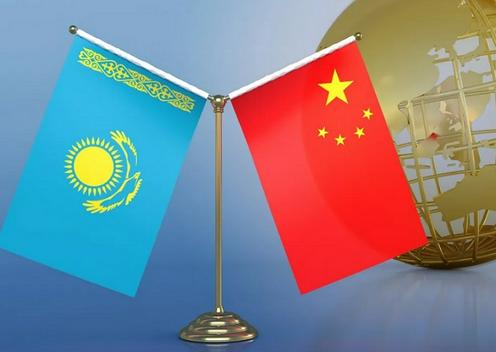Chinese companies plan to carry out several major investment projects in Kazakhstan, including the construction of waste-to-energy plants in Astana, Almaty, and Shymkent, as well as a new seaport in Aktau on the Caspian Sea.
The three waste-to-energy facilities are expected to be completed within two years, the Kazakh outlet Vlast reports, citing acting Minister of Ecology and Natural Resources Zhomart Aliyev. He noted that an agreement with Chinese investors has already been signed, with total investment in the project amounting to 293 billion tenge (more than $565 million).
The ministry added that construction will begin in 2026, following the design phase, land allocation, and installation of necessary infrastructure, and will be completed in 2028.
As part of Kazakhstan’s waste-management strategy through 2030, funding will also be allocated for modern landfills. Financing will come from recycling fees.
Aliyev said this work is underway. Through a preferential financing mechanism supported by recycling fees collected by the state company Zhasyl Damu, which oversees the national waste-management system, 60 projects have been approved; 22 of them have already received about 90 billion tenge ($173.5 million). A total of 185 billion tenge (about $357 million) is expected to be awarded. These projects will fund new waste-collection vehicles and expand sorting and recycling infrastructure.
Orda.kz, citing Mangystau Region Governor Nurdaulet Kilybay, reports that China’s Zhongyun International will serve as the investor for the new seaport in Aktau. The company has already registered a legal entity in Kazakhstan and is preparing documents for an investment agreement. The project is valued at approximately $300 million.
The port will form part of the China–Kazakhstan–Aktau–Baku–Poti–Europe route, reducing shipping times and lowering logistics costs.
Officials also say that shifting cargo to maritime transport will help ease pressure on Kazakhstan’s heavily burdened rail network—particularly in the autumn, when agricultural exports surge. In October, owing to overloaded ports and slow unloading in China, Kazakhstan Railways temporarily banned grain shipments, slowing exports across the system.










